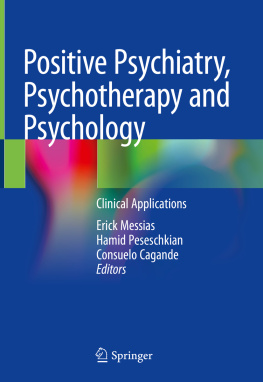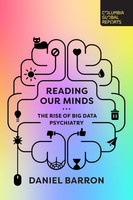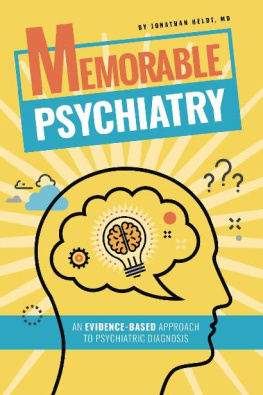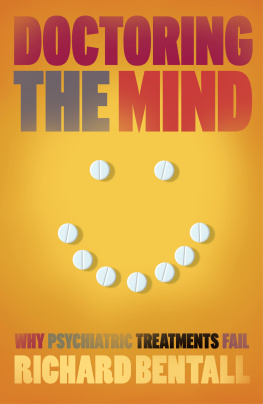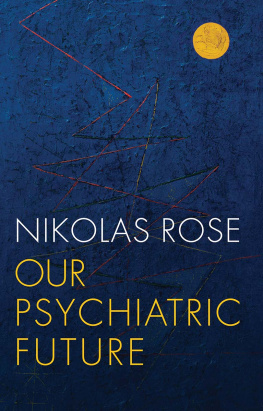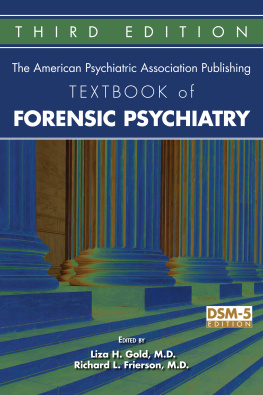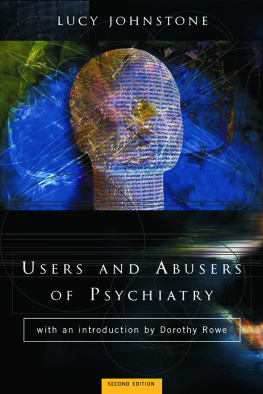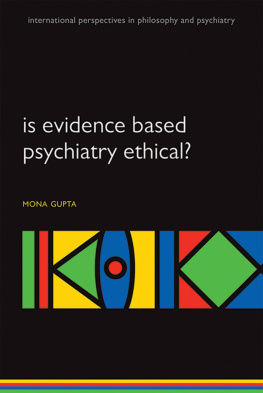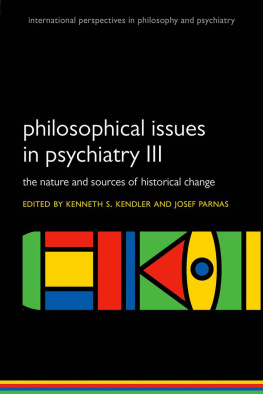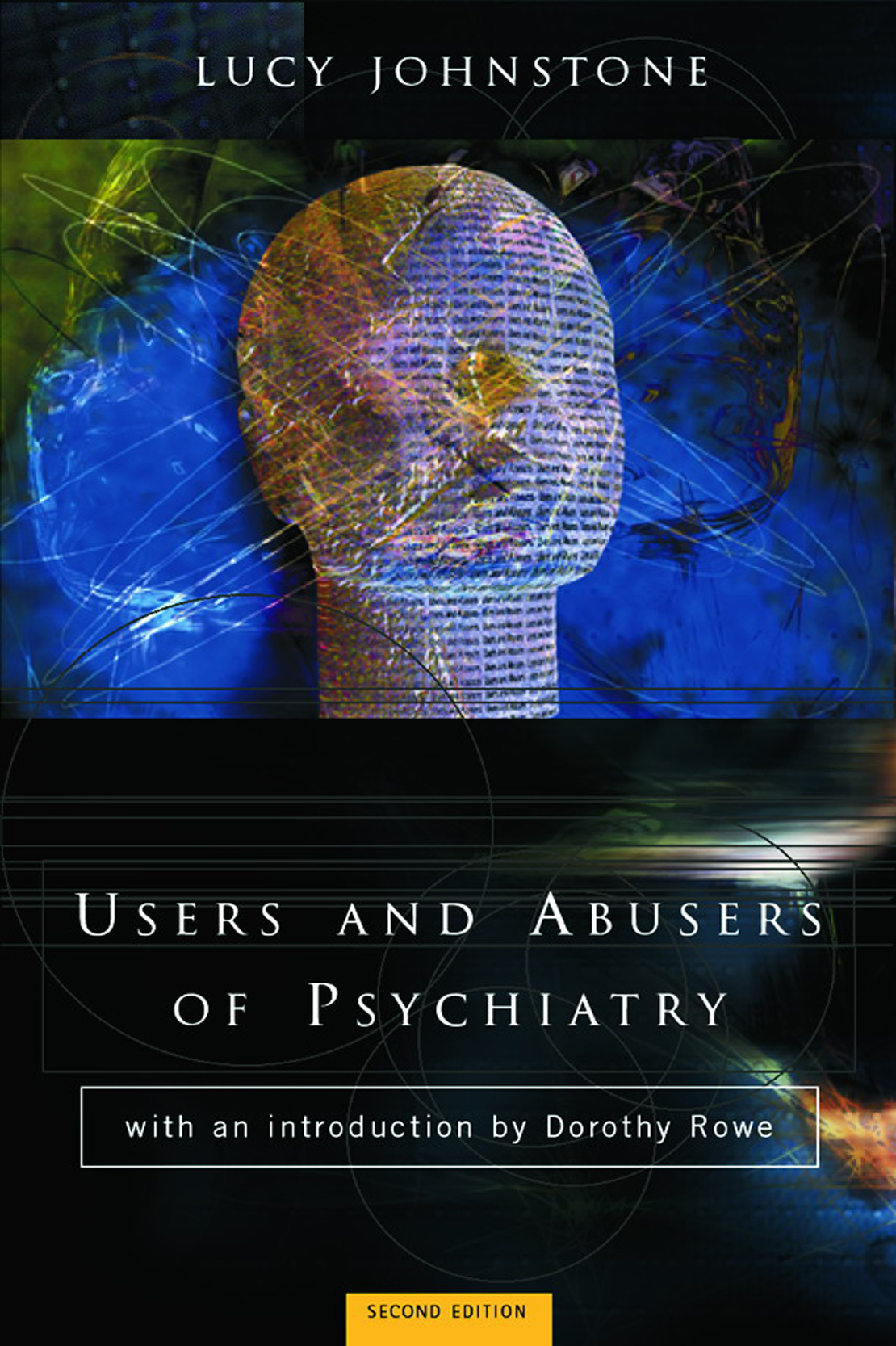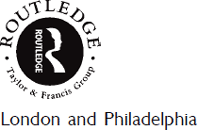First edition published 1989
Second edition published 2000
by Routledge
11 New Fetter Lane, London EC4P 4EE
Simultaneously published in the USA and Canada
by Taylor & Francis inc
325 Chestnut Street, 8th Floor, Philadelphia PA 19106
Routledge is an imprint of the Taylor & Francis Group
This edition published in the Taylor & Francis e-Library, 2006.
To purchase your own copy of this or any of Taylor & Francis or Routledges collection of thousands of eBooks please go to www.eBookstore.tandf.co.uk .
2000 Lucy Johnstone
The right of Lucy Johnstone to be identified as the Author of this Work has been asserted by her in accordance with the Copyright, Designs and Patents Act 1988
All rights reserved. No part of this book may be reprinted or reproduced or utilised in any form or by any electronic, mechanical, or other means, now known or hereafter invented, including photocopying and recording, or in any information storage or retrieval system, without permission in writing from the publishers.
British Library Cataloguing in Publication Data
A catalogue record for this book is available from the British Library
Library of Congress Cataloguing in Publication Data
Johnstone, Lucy.
Users and abusers of psychiatry : a critical look at psychiatric practice / Lucy Johnstone.2nd ed.
p. cm.
Includes bibliographical references and index.
1. PsychiatryGreat Britain. 2. Psychiatric hospital careGreat
BritainCase studies. 3. Pharmaceutical industryGreat Britain. I. Title.
RC450.G7 J58 2000
ISBN 0-203-12963-6 Master e-book ISBN
ISBN 0-203-17667-7 (Adobe eReader Format)
ISBN 0-415-21155-7 (hbk)
ISBN 0-415-21156-5 (pbk)
In memory of Roy and Mary McKay
Contents
Foreword
Lucy Johnstones Users and Abusers of Psychiatry was first published in 1989. A second edition is very much needed to show us what is happening in the psychiatric system today.
Nowadays, if I were talking to a psychiatrist and referred to what Lucy had written or to any of my experiences of working in the psychiatric system from 1968 to 1986, the psychiatrist might respond to any criticism I made of the system by saying, It has all changed now, and go on to talk about multidisciplinary teams, community care, modern psychiatric units in place of large asylums, new, improved drugs based on scientific research, training for psychiatrists and psychiatric nurses in psychotherapy and cognitive therapy, and the plethora of other disciplines clinical psychologists, art and drama therapists, occupational therapists, aromatherapists and so on working in the multidisciplinary teams. This would be all very impressive, just as long as you did not actually encounter the modern psychiatric system.
As that wily observer Talleyrand, who had seen the government of France go from monarchy to revolution to dictatorship, once remarked, The more things change the more they remain the same. The psychiatric system might have changed, but what remains the same is the purpose of the system. In Lucy Johnstones words, psychiatry is required to be the agent of society while purporting to be the agent of the individual; and its main function is not treatment but social control. What Lucy Johnstone shows is that every aspect of the psychiatric system the way problems are formulated; the way the participants roles are defined; the way patients are perceived by the participants in the system; the way the professionals are trained; the way the history of the psychiatric system is told; and the way its treatments are decided on and given reflects and is shaped by the conflict between what psychiatry purports to be and what it actually does.
I worked in the psychiatric system for eighteen years but left some thirteen years ago. Since then my contact with the system has been through discussions with my psychologist friends and through letters from people who have read some of my books and written to me to tell me about their experiences. It is to be expected that these discussions and letters would focus on that which had gone wrong, so I continued to hope that, despite certain difficulties, the psychiatric system was improving as the professionals embraced new ideas and better practices. However, over the summer of 1999, I watched a story unfold which seemed to be a dramatic enactment of everything which Lucy Johnstone has discussed in this book.
Early that summer my friend Sarah phoned me to ask my advice. Her beloved niece Ruth, on holiday from college, had arrived unexpectedly and was behaving oddly. Sarah described what Ruth was doing and saying, and I said, Ring your GP and ask him to come and see Ruth as soon as possible. It seemed to me that Ruth was psychotic. I knew that calling the GP could mean that Ruth would soon be caught up in the psychiatric system, but the alternative of not getting medical help was too dangerous to try.
As research by the World Health Organization has shown, psychosis is a natural human condition, occurring in all societies throughout the world. In the ordinary course of events each of us lives our daily life by keeping a grip on things, that is, making sense of what happens in ways which we share with other people. To do this we have to feel reasonably confident about ourselves, with few self doubts, and we need to remain healthy and sober. If we lose our self-confidence, if we turn against ourselves and hate ourselves, if we become very tired or ill, or if we ingest some substance which relaxes our mental grip on ourselves and our world, the meanings which we share with other people can start to fall apart, and our private fears and doubts come to the fore. In the course of this we may lose the ability to distinguish between our own thoughts and feelings and what is going on around us. Then we see the world as full of strange dangers and of people and forces which persecute us. Ordinary things like road signs and advertisements can take on a singular personal significance for us, and the radio and television news can become full of messages for us alone. Images in our mind become the visions we see in our immediate environment, and our thoughts become voices from elsewhere, voices which might encourage us but equally might condemn us and urge us to do terrible things to ourselves and perhaps to other people.



